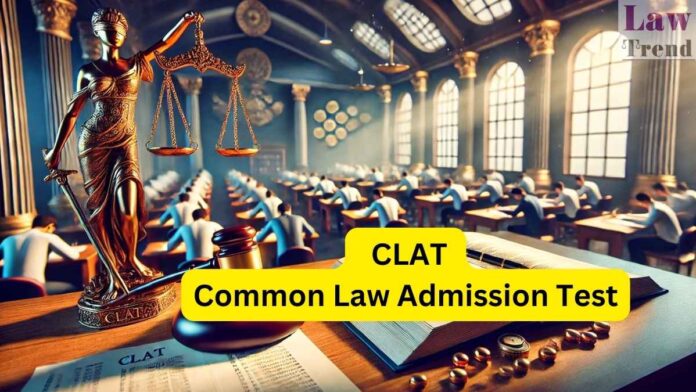In a significant development, the Supreme Court of India has directed the consolidation of all pending cases concerning the Common Law Admission Test 2025 (CLAT UG) results to the Delhi High Court. This order, issued on Thursday by a bench headed by Chief Justice of India Sanjiv Khanna, along with Justices PV Sanjay Kumar and KV Viswanathan, aims to unify the judicial approach to the ongoing disputes across various states.
The directive stipulates that the cases currently pending before High Courts in Delhi, Rajasthan, and Punjab and Haryana will be listed for hearing in Delhi High Court on March 3. “Within seven days from today, the registrar of each High Court should transfer all relevant documents to the Delhi High Court,” mandated the Supreme Court.
This judicial realignment comes in the wake of a plea by the NLU Consortium, the governing body for the CLAT, which argued for a singular High Court hearing to prevent conflicting judgments on the same matter. The plea highlights the need for a cohesive legal treatment given the nationwide scope of the examination and its significant implications on students’ futures.
Previously, on December 20, Justice Jyoti Singh of the Delhi High Court had made a pivotal ruling on a petition filed by 17-year-old CLAT candidate Aditya. The ruling acknowledged errors in the examination paper and ordered the NLU Consortium to revise the results for two contested questions. This decision was subsequently contested by both the NLU Consortium and the petitioner, leading to an appeal for broader corrections covering additional alleged mistakes.
The move to centralize the CLAT legal disputes is also seen as a response to separate challenges regarding the CLAT PG exam results, currently under scrutiny in the Madhya Pradesh and Bombay High Courts. By transferring these cases to a single jurisdiction, the Supreme Court aims to streamline the adjudication process and ensure uniformity in the resolution of these critical educational and legal issues.




